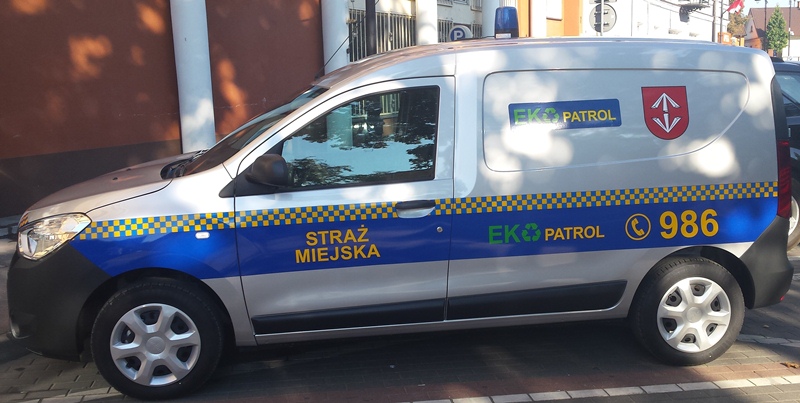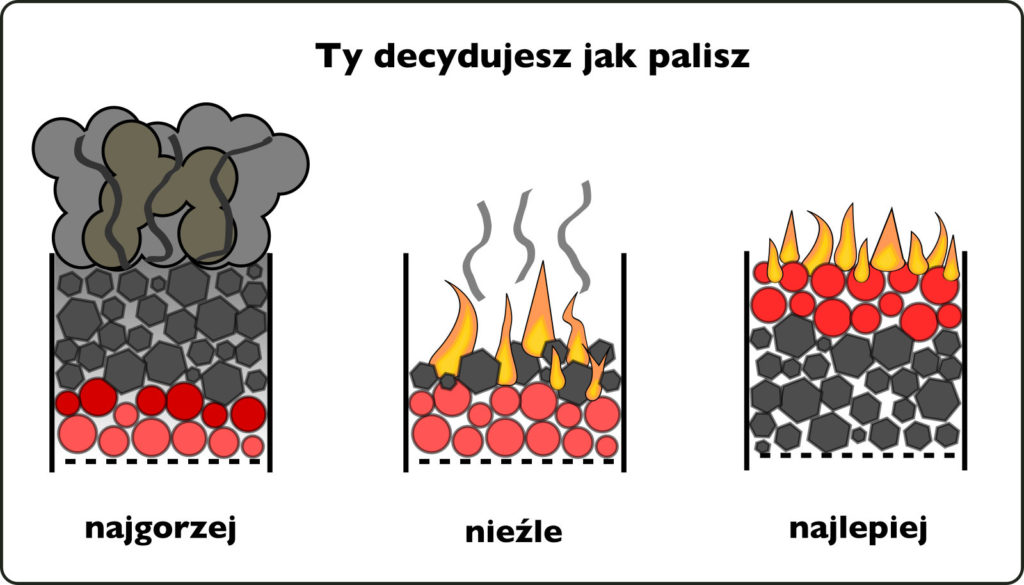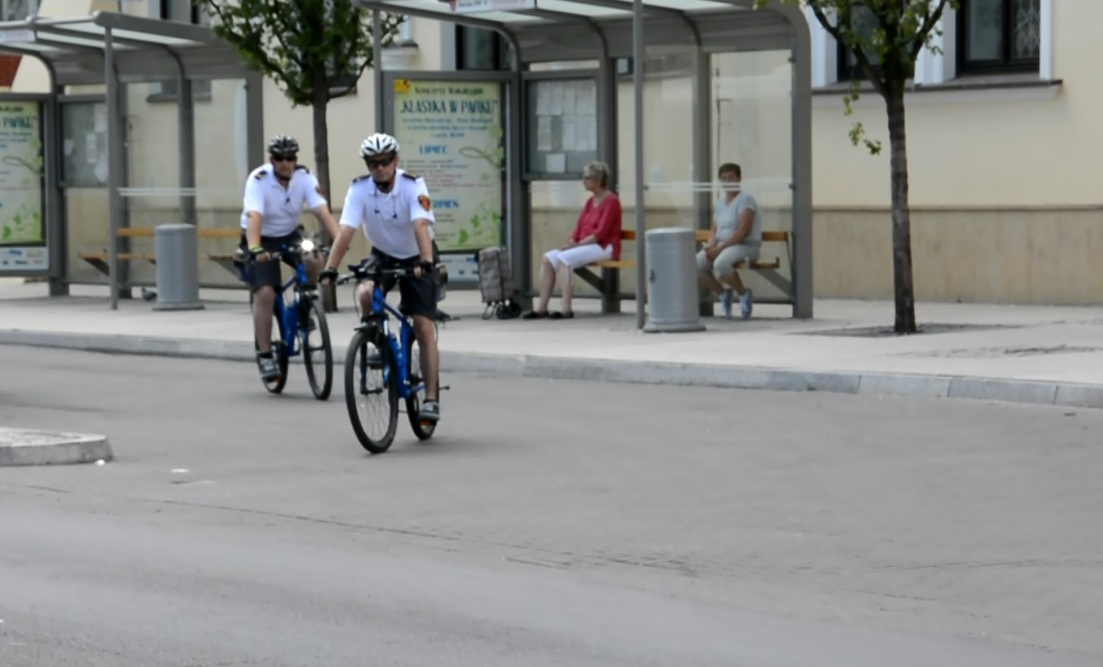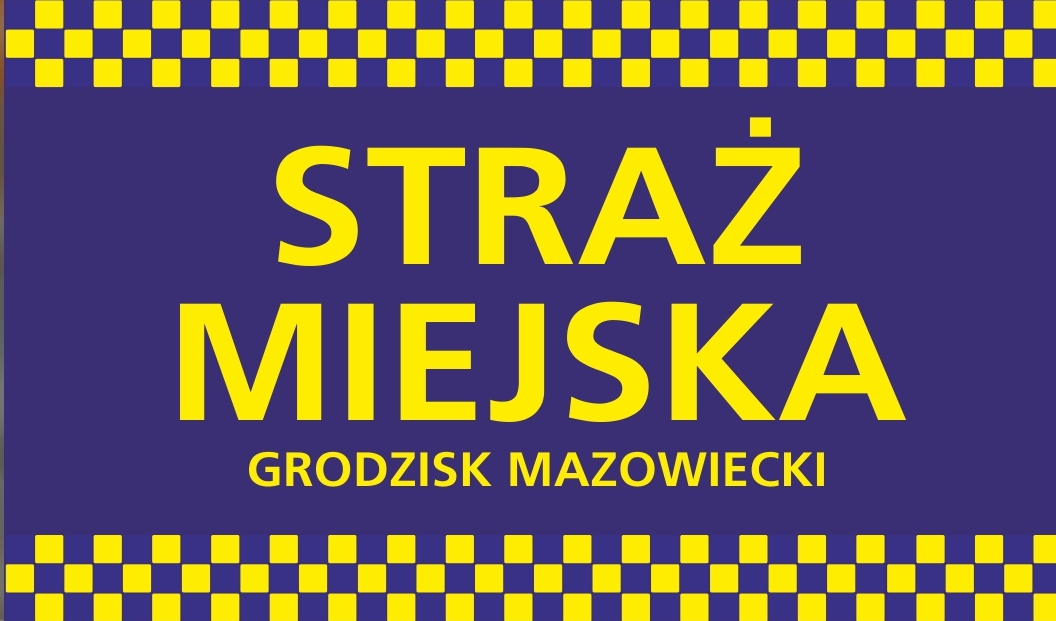The Municipal Police operates on the basis of the provisions contained in the "Act of 29 August 1997 on Municipal Guards". Municipal Guards are directed by the Commander of the City Guard.
Based on Article. 10 para. 1 of the Act of 29.08.1997. about municipal guards No. 123 item 779 (hereinafter referred to as u.s.g), the guards carry out tasks in the field of public order protection resulting from laws and acts of local law.
According to art. 11 of the Act, the tasks of the Guard include in particular:
- protection of peace and order in public places,
- watching over the order and traffic control - within the scope defined in the road traffic regulations,
- cooperation with the right entities in the field of saving the life and health of citizens, assistance in removing technical failures and the consequences of natural disasters and other local threats,
- securing a crime scene, a disaster or other similar incident or places threatened by such an event against access by outsiders or destruction of traces and evidence, until appropriate services are available, and if possible witnesses to the event,
- protection of municipal facilities and utilities,
- cooperation with organizers and other services in order protection during public gatherings and events,
- bringing intoxicated persons into the sobering-up center or their place of residence, if these persons give their reasons for scandal in a public place, are in circumstances threatening their life or health or threaten the life and health of others,
- informing the local community about the state and types of threats, as well as initiating and participating in activities aimed at preventing crimes and offenses and criminogenic phenomena, and cooperating in this respect with state bodies, local governments and social organizations,
- escorting documents, valuables or monetary values for the commune's needs.
According to art. 12 para. 1 guard's law by performing the tasks referred to in art. 10 and 11, have the right to:
- giving instructions,
- legitimacy of persons in justified cases in order to establish their identity,
the recognition of persons who obviously pose a direct threat to human life or health, as well as property and immediately bring to the nearest Police unit, - imposing fines in the course of fines for offenses determined in accordance with the procedure provided for in the law on proceedings in cases concerning petty offenses,
- conducting explanatory actions, directing motions for punishment to the court, accusation before the court and bringing legal remedies - in the manner and scope specified in the Code of Procedure in cases concerning offenses,
- removing vehicles and their immobilization by blocking wheels in cases, scope and mode specified in road traffic regulations,
- issuing orders,
- demanding the necessary help from state and local government institutions,
asking, in emergencies, for assistance to business entities operating in the field of public utilities and social organizations, as well as for each person for ad hoc assistance under the terms of the Police Act, - observing and recording technical events in public places using technical means.
According to art. 14. 1. u.s.g. The guard may use means of direct coercion towards persons who prevent him from carrying out the tasks specified in the Act. 2. By means of direct coercion, referred to in paragraph 1, are:
- physical strength in the form of incapacitating holds and similar defense techniques,
- handcuffs,
- Multifunction defensive sticks,
- defense dogs,
- electric stun guns for which a gun permit is required in the understanding of the provisions of the Act of 21 May 1999 on weapons and ammunition (Journal of Laws No. 53, item 549, of 2001 No. 27, item 298, of 2002 No. 74, item 676 and No. 117, item 1007 and from 2003 No. 52, item 451 and No. 80, item 718),
hand gas throwers. - According to art. 23 "of the Act of 29.08.1997. on municipal guards "(D.U. No. 123, item 779) in connection with the performance of official duties, the guard uses the legal protection provided for public officials.

EKO PATROL - emergency tel. 986, dispatcher 22 7555431
Municipal police support local government in the implementation of the obligation to protect animals in the city. In the structure of the municipal guard there is a specialized EKO PATROL, which undertakes activities aimed at preventing animal homelessness and counteracting threats to life and health of people in relation to keeping pets. The officers employed in EKO PATROL provide assistance to ill, injured and free-living animals that remain within the limits of the city and commune.
From September 1, 2016. on the ECO PATROL equipment of the Grodzisk Municipal Guard is a van type van adapted to carry trapped animals.
Homeless animal The term defined in the Act on animal protection as:
"a domestic or farm animal which has escaped, has been lost or abandoned by a human being, and it is not possible to determine its owner or other person under whom it has been permanently maintained until that time"
Homelessness may apply only to animals belonging to species that are traditionally looked after by people (farm animals, ie households and households, ie those kept by man for the company). Therefore, the definition of homelessness implies being under care as a principle from which homelessness is an exception caused by escape, straying or abandonment. The list of these reasons is closed. It does not provide for a specific individual to be born homeless or "feral" and from the category of domestic or farm animals to the category of free-living animals.
(So, if Article 33a of the same Act refers to "feral dogs and cats that are unaccompanied and guarded by human beings in hunting areas ..." then this has nothing to do with homeless animals. It must be said that this article constructs a separate one, undefined category of animals "feral", parallel to those defined in the "household", "farm" and "free-living (wild)" act).
The criterion of our knowledge
About homelessness is a circumstance referring not only to the animal itself, but also to the people among whom it appeared, namely the state of their knowledge as to the caretaker or owner of the animal. Namely, that "it is impossible to determine them". Homelessness is therefore not a feature of the animal, but its human environment. Therefore, the statutory term should not be replaced by terms referring to the animal itself (wandering, dangerous, unattended, feral etc.). Unfortunately, very often the animals are undesirably under the statutory category of homeless animals for various reasons, undesirable and disturbing.
"The lack of possibility to establish ..." can be understood only as a result of actually undertaken attempts and efforts to determine the owner or guardian. The intensity of this determination should probably be adequate to the situation and motives of interest in a given animal. For example, if a dog bites a human, you can expect a strong search for the owner or caregiver to ensure that the dog has been vaccinated. In another extreme case, e.g. when we want to temporarily feed a backyard cat, we are allowed to accept quite arbitrarily that it is a homeless animal, because the result of the decisions made would not have a greater significance in this situation.
The precondition for making actual arrangements before the animal is considered homeless is of great practical and formal significance, because on the one hand it may determine the fate of the animal, and on the other, the responsibility of the carers or owners. If the city animal shelter receives unnecessary questions of any brought animals, it may become an accomplice of the crime of abandoning animals by their owners. If he accepts animals only because they "wander around" or disturbs someone, then he certainly works for public order, but not necessarily for the welfare of animals and does not serve as a care for homeless animals, but for some other thing.
How to smoke purely with coal and wood
Coal heating does not have to be based on muck and torment! If it is dirty and cumbersome, it is because most of us have not shown what really effective, economical burning of coal and wood looks like. These fuels can be burned almost or completely without smoke, obtaining about 1/3 more heat and no technology is needed from NASA.
source / details see https://czysteogrzewanie.pl/jak-palic-w-piecu/jak-palic-czysto-weglem/

Pouring a cesspool harms health and the environment !!!
As part of the savings, some homeowners pour a cesspool into a drainage ditch or a plot of land.
Pouring a septic tank is not allowed and it does not matter whether it spills out into your own yard or outside its area !!!
If you pour a cesspool on your plot, you probably have dangerous bacteria in your immediate environment: in soil, water, on plants, vegetables, etc.
These bacteria are spread by people and animals. Children playing in the yard have direct contact with them. Waste water from cesspools is a habitat of bacteria, viruses, very dangerous for life, such as bacteria E.Coli and Salmonella.
Pouring the septic tank is PROHIBITED, regardless of where you pour it!

Bicycle patrols
Only a few days ago we had nice weather, which was not only good for walks, but also encouraged us to use bicycles. That is why also the city guards in Grodzisk Mazowiecki began patrolling the city and commune on bicycles. Bicycle patrols will take anywhere where the motorized patrol does not reach, and the guards move faster than on foot.
Bicycle patrols combat violations of the law most troublesome for residents, hence consumption of alcohol in public places, failing to take proper precautions while keeping animals, littering and disturbing public order and order. Very important in their service is preventive action and preventive measures taken especially for the youngest cyclists. It should be emphasized that the service performed by city guards on bicycles is seasonal and adapted to the prevailing weather conditions. The decision in this regard is made only by the officers.

05-825 Grodzisk Mazowiecki
ul. T. Kościuszki 41
/022/ 755 54 31
/022/ 463 46 35
in. 431
alarm 986
WORK HOURS:
Monday: 7.00-23.00
Tuesday: 7.00-23.00
Wednesday: 6.00-22.00
Thursday: 7.00-23.00
Friday: 7.00-23.00
Saturday: 7.00-15.00

Preventive actions in educational institutions.
The guards as part of preventive prevention cover systematic patrols from Grodzisk schools, helping to eliminate offenses, crimes and manifestations of demoralization of minors.
In the field of criminal prevention, there are activities in the field of counteracting crime in schools. Implementation of prophylaxis aims to raise the knowledge and awareness of children and adolescents in terms of principles and methods of safe behavior, threats occurring in the modern world, ways of avoiding them or minimizing negative effects. Regular meetings with students of kindergartens and schools are devoted to broadly understood security, social pathologies of crime and demoralization of minors.
Addresses of preventive actions.
Activities are directed at children and youth studying in grodziskskich educational institutions, their parents and pedagogical staff working in institutions.
For children and adolescents
- Behavior in emergency situations
- Safe way to school
- Violence and aggression at school
- Safe holidays
- Safe holidays
- Alien dangerous
- Pyrotechnics, hazards and law
- Threats, ways of providing help and legal aspects
- Thunderbolt, Electricity - ways to avoid danger
- Safe contacts with animals and statutory obligations of owners
- Threats on the Internet and ways to counteract
- "Cyberbullying" - concept, form, legal responsibility
- Criminal responsibility of minors for computer crimes
- 'Stadium education'
- Threats resulting from addictions (legal highs harm)
- Legal responsibility of minors
For parents
With knowledge, consent and in cooperation with the school pedagogue, preventive classes may be conducted on topics discussed previously with students in the form adapted to adults,
For the teaching staff
- Legal responsibility of minors
- Threats on the Internet and ways to counteract
- Preventive and preventive activities of the Municipal Guard in Grodzisk Mazowiecki
- Algorithms and procedures for dealing with minors in cooperation with city guards and police
The form and place of implementation of preventive classes.
Preventive classes are carried out in the form of talks, workshops, debates, lectures, multimedia shows and competitions. During them, thematic scenes, equipment demonstrations and self-defense rules are carried out. Implementation of preventive classes takes place at the school or at another agreed place.
ATTENTION
The autumn-winter period requires us to be very careful. Remember that after dark and in conditions of insufficient transparency, the pedestrian and cyclist must be clearly visible to their safety!
WE USE REFLECTIVE ELEMENTS!
Mandatory lights on a bicycle:
- at least one front light white or yellow shining with a continuous or flashing light - (eg a front lamp for batteries or dynamo),
- at least one rear light red, reflective,
- at least one rear lamp lit by continuous or blinking light

